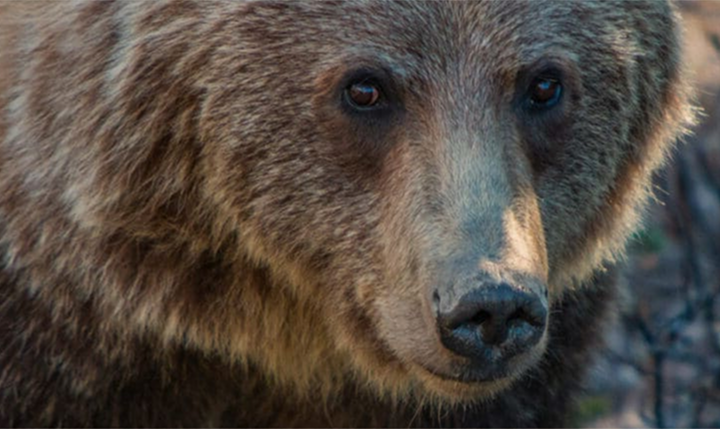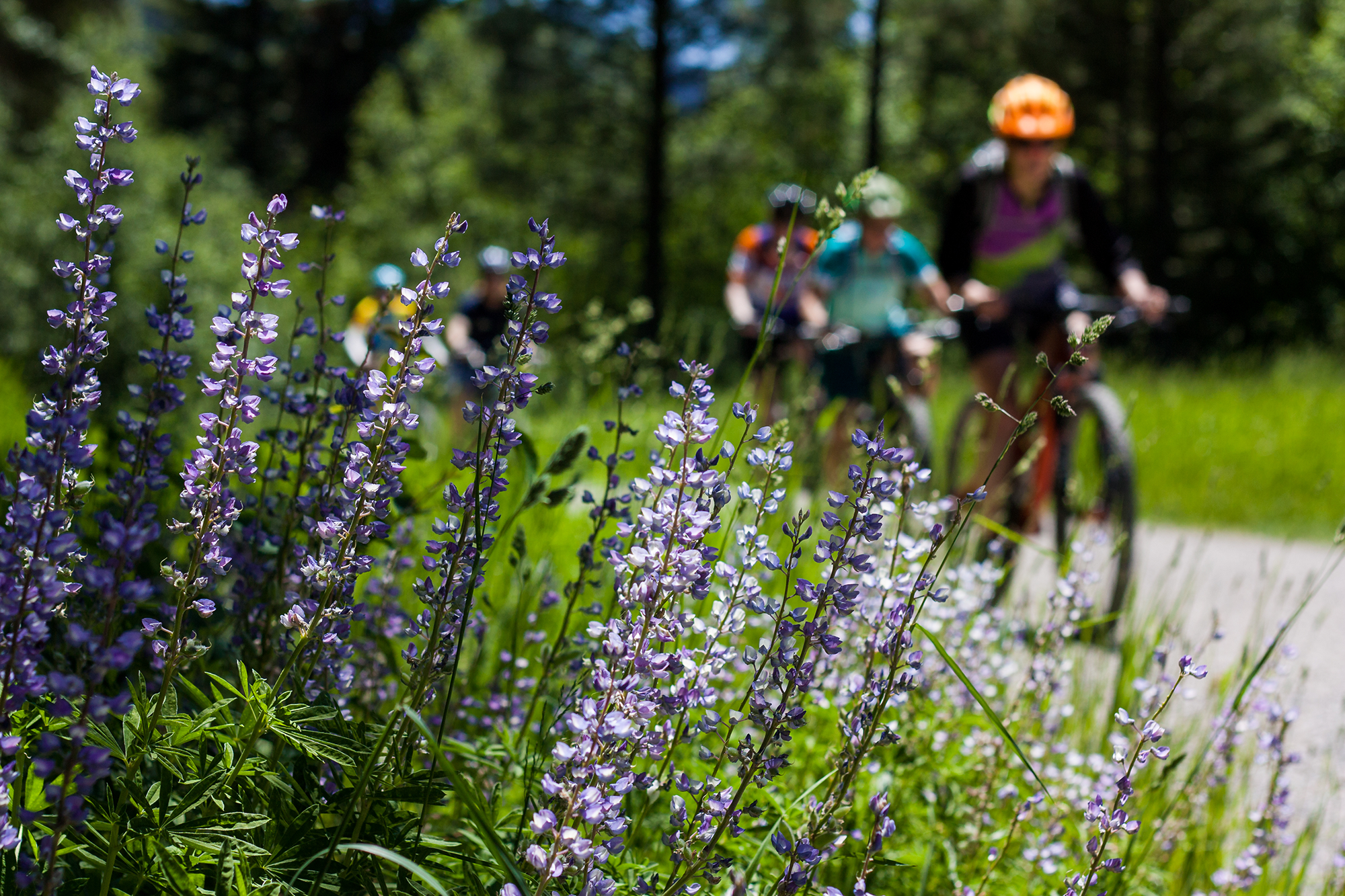Parks are places meant to enjoy, make memories and create adventures to be treasured for years. It was surely no accident the Alberta government chose World Wildlife Day to announce it is fully or partially closing 20 provincial parks and deregulating more than 160 others or handing them over to third-party managers.
This, in addition to reducing or closing campgrounds, including comfort camping, and reducing services such as setting of cross-country ski trails in Kananaskis Country. Just days ago I enjoyed a ski day on the groomed tracks at Mount Shark with my family — what a treasure our trails are!
Soon, some park sites will be entirely off-limits to the public, including provincial campgrounds and other facilities. Ten parks will be fully closed to the public, impacting 4,490 hectares of provincial land. Notably, the removal of a park’s designation opens it to “alternate management approaches,” including possibly reverting them to public lands.
This is drastically misguided for three reasons. First, Albertans love parks and getting out into nature, and so do the millions of tourists who visit Alberta for our turquoise lakes, green foothills, mountain vistas and rich wildlife. The mountains and the plains are in the DNA of Albertans. What’s more, the province made this decision unilaterally without consulting the Albertans who use and love these parks.
Second, this decision is at odds with the government’s desire to promote nature-based tourism as part of economic diversification. A worthy goal but this decision is a step back from rather than toward it. Cutting support and services in parks is no way to go about this promotional strategy. When we diminish the experience and affect accessibility, we discourage visitors, both from Alberta but from further away, too.
States such as Colorado, and other similar places, are working to conserve as much open space as possible because the research shows nature conservation is good for the economy. Another benefit Colorado has seen to this decision is in attracting major tech companies and other businesses keen to ensure a high quality of life for employees. One of the benefits they often seek for staff is access to nature, to improve health and well-being. When we diminish the experience, we discourage visitors, both from Alberta but from further abroad too. “Optimizing” our parks? More like auctioning.
Finally, the provincial government committed to protecting 17 per cent of the province for nature conservation. The decision to defund and close parks diverges from that commitment. It’s also out of step with a federal government that just committed to 25 per cent of all lands protected across the country by 2025. More importantly, biodiversity is in decline in Alberta — and globally. To conserve Alberta’s wildlands and wildlife heritage, the government should be creating more parks and increasing protection for future generations of people and wildlife, not reducing them.
When we diminish the experience, we discourage visitors, both from Alberta but from further abroad too.
In 2009, Alberta’s Plan for Parks was released after being developed via a collaborative process, including consultations with Indigenous peoples, park visitors, MLAs, government staff, environmental non-profits and others. The plan encouraged visitors to discover, value, protect and enjoy the natural world, preserve shared culture and build a legacy for current and future generations. The resulting plan changed the way Alberta’s parks are managed. How sad it would come to an end so quickly after its 10-year anniversary.
Parks are central to Alberta’s past, present and future. The removal of such designations sets a dangerous precedent for future changes to other protected landscapes in the province. For-profit park management ignores the environmental value that many of these areas provide towards a healthy, functioning landscape.
Large, intact lands are not only great for sightseeing and recreation but are necessary for guarding against the impacts of climate change.
Large, intact lands are not only great for sightseeing and recreation but are necessary for guarding against the impacts of climate change. What a shame to limit people who want to enjoy one of our greatest shared resources, and Alberta’s greatest asset — its incredible wild places. This decision short-changes all Albertans. These cuts need to be cut short.
Jodi Hilty is president and chief scientist of the Canmore-based Yellowstone to Yukon Conservation Initiative.
This opinion piece was originally published in Mar. 7, 2020’s Calgary Herald.


